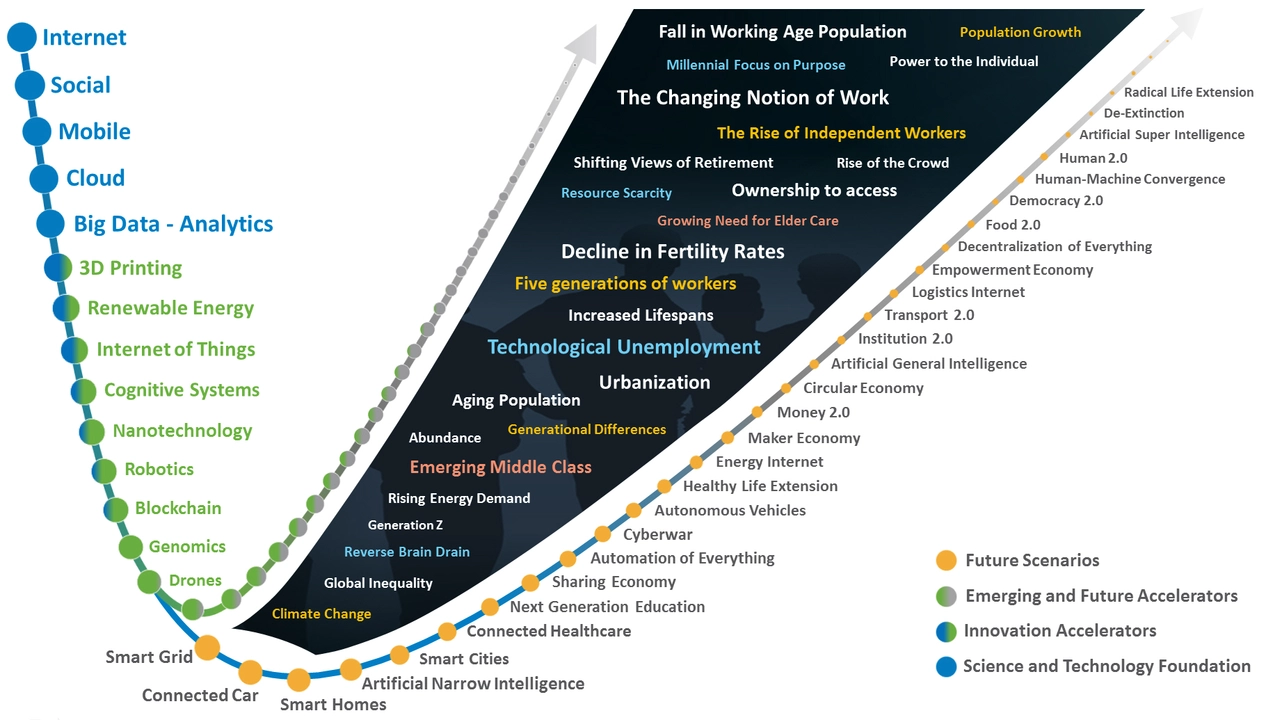Technology vs Internet: Know the Real Difference
When people say "technology" and "internet" they often treat them as the same thing. It feels natural to swap the words, but the two actually mean different things. Understanding the gap helps you see where each fits in your work and personal life.
First, think of technology as the whole toolbox. It covers everything from a simple hammer to a spaceship, from a basic calculator to a smartphone. Anything humans create to solve a problem or do something better counts as technology. The definition is huge, and it includes machines, software, processes, and even methods like farming techniques.
What the Internet Actually Is
The internet, on the other hand, is a specific slice of that toolbox. It’s a global network that lets computers talk to each other and share data. In plain terms, the internet is a platform that lets you send emails, watch videos, shop online, or run a remote business. It relies on hardware (like routers and servers) and software, so it’s built on technology, but it isn’t technology by itself.
Because the internet runs on existing tech—cables, fiber, satellites, data centers—it can’t exist without the broader tech world. But not all technology needs the internet. A mechanical watch, a wind turbine, or a kitchen blender work perfectly fine without ever touching a network.
Why the Mix‑Up Happens
Most of our daily activities now involve the internet, so the line gets blurry. When you browse a news site, you’re using a web browser (software) on a device (hardware) that connects through the internet. The experience feels like a single thing, even though three layers are at work: the device, the internet connection, and the content you consume.
Another reason for confusion is marketing. Tech companies love to shout about “the power of the internet” or “internet‑enabled devices,” making the two sound interchangeable. It’s catchy, but it hides the fact that the internet is just one channel for delivering technology’s benefits.
Knowing the difference matters when you’re making buying decisions. If you need a tool that works offline—like a GPS device for remote hiking—you’ll look for technology that doesn’t depend on internet. If you want constant updates, cloud storage, or real‑time collaboration, then internet‑based solutions are the way to go.
In short, technology is the umbrella, and the internet is a single, very important, but not all‑encompassing, part of that umbrella. Both shape our world, but they play distinct roles.
So next time someone says "technology" when they really mean "internet," you can smile, nod, and then add a quick clarification. It shows you get the bigger picture and can pick the right tool for the job.
